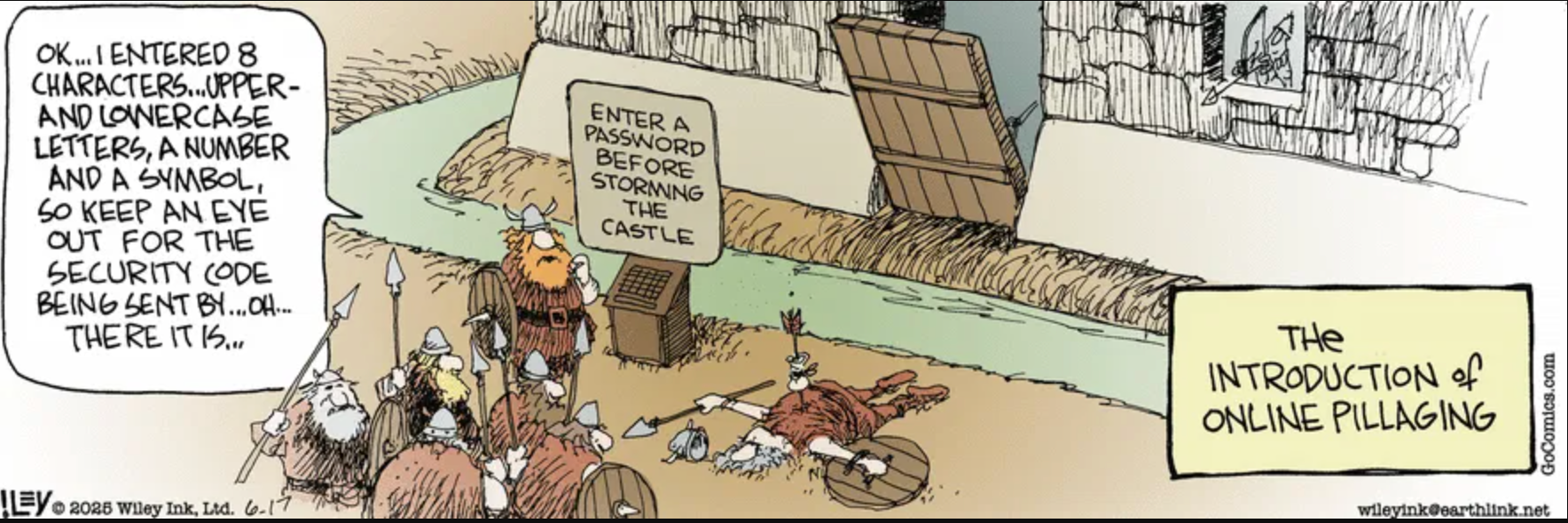"AI" == "vehicle"?
Back in March, the AAAI ("Association for the Advancement of Artificial Intelligence") published an "AAAI Presidential Panel Report on the Future of AI Research":
The AAAI 2025 presidential panel on the future of AI research aims to help all AI stakeholders navigate the recent significant transformations in AI capabilities, as well as AI research methodologies, environments, and communities. It includes 17 chapters, each covering one topic related to AI research, and sketching its history, current trends and open challenges. The study has been conducted by 25 AI researchers and supported by 15 additional contributors and 475 respondents to a community survey.
You can read the whole thing here — and you should, if you're interested in the topic.
Read the rest of this entry »




